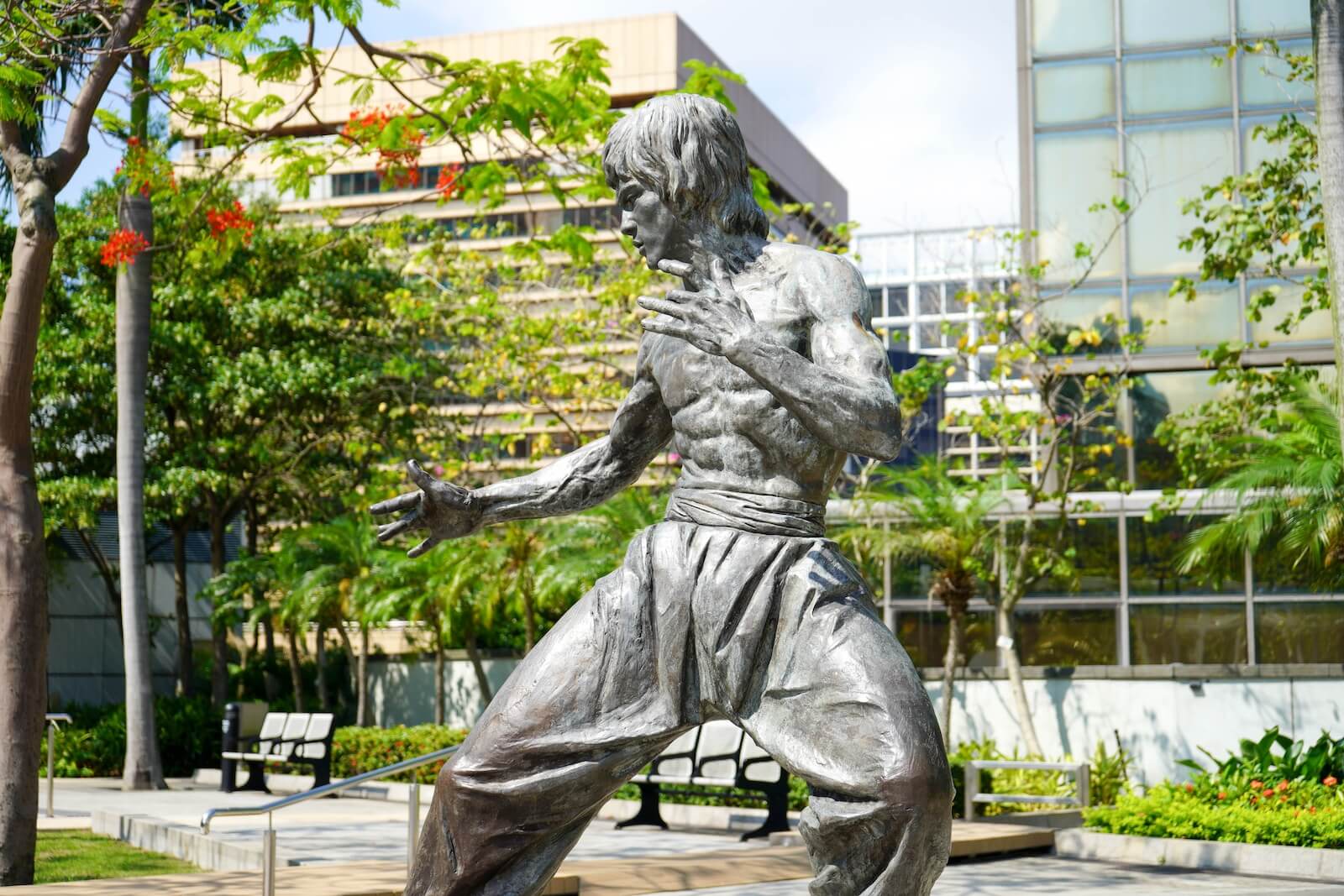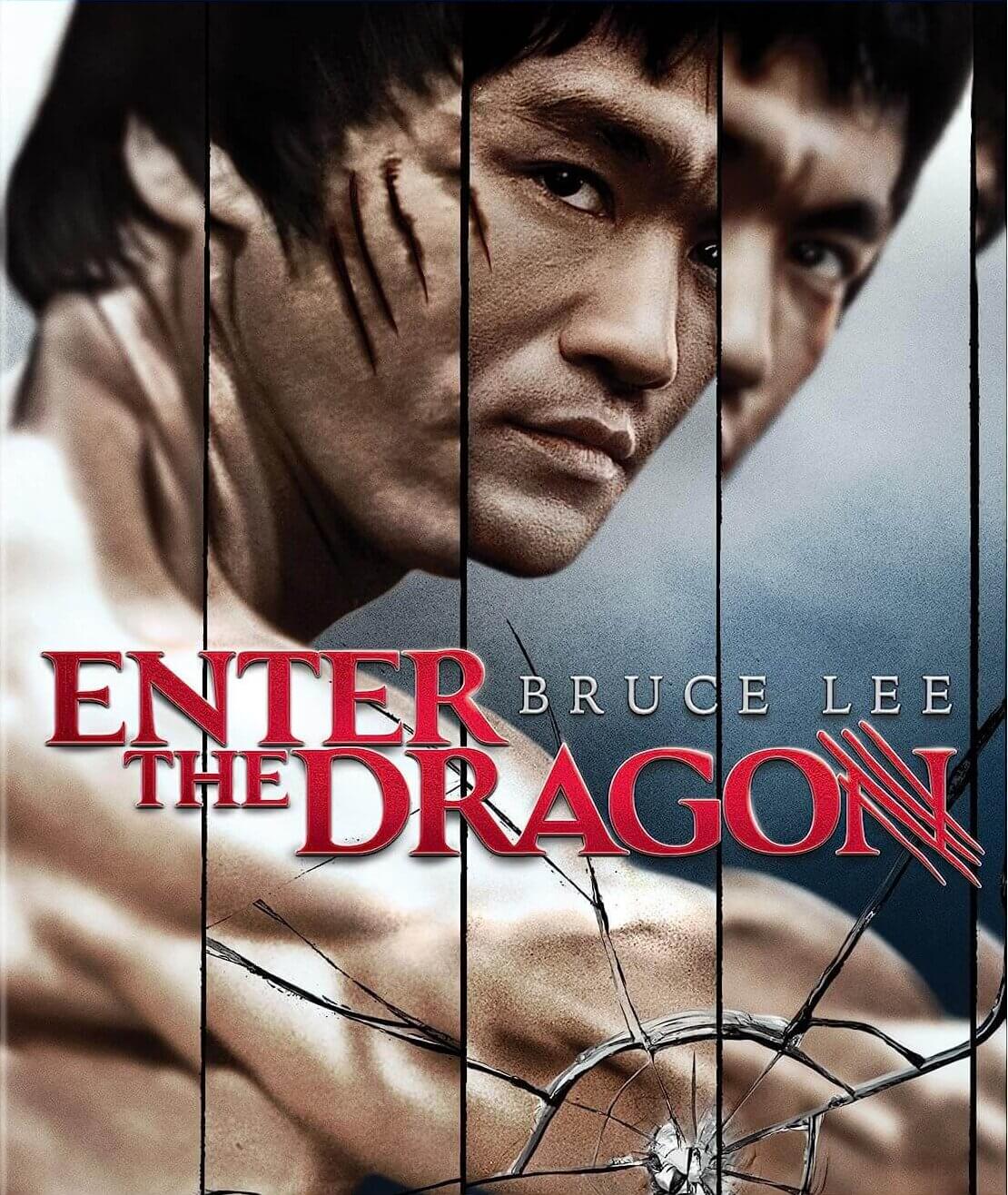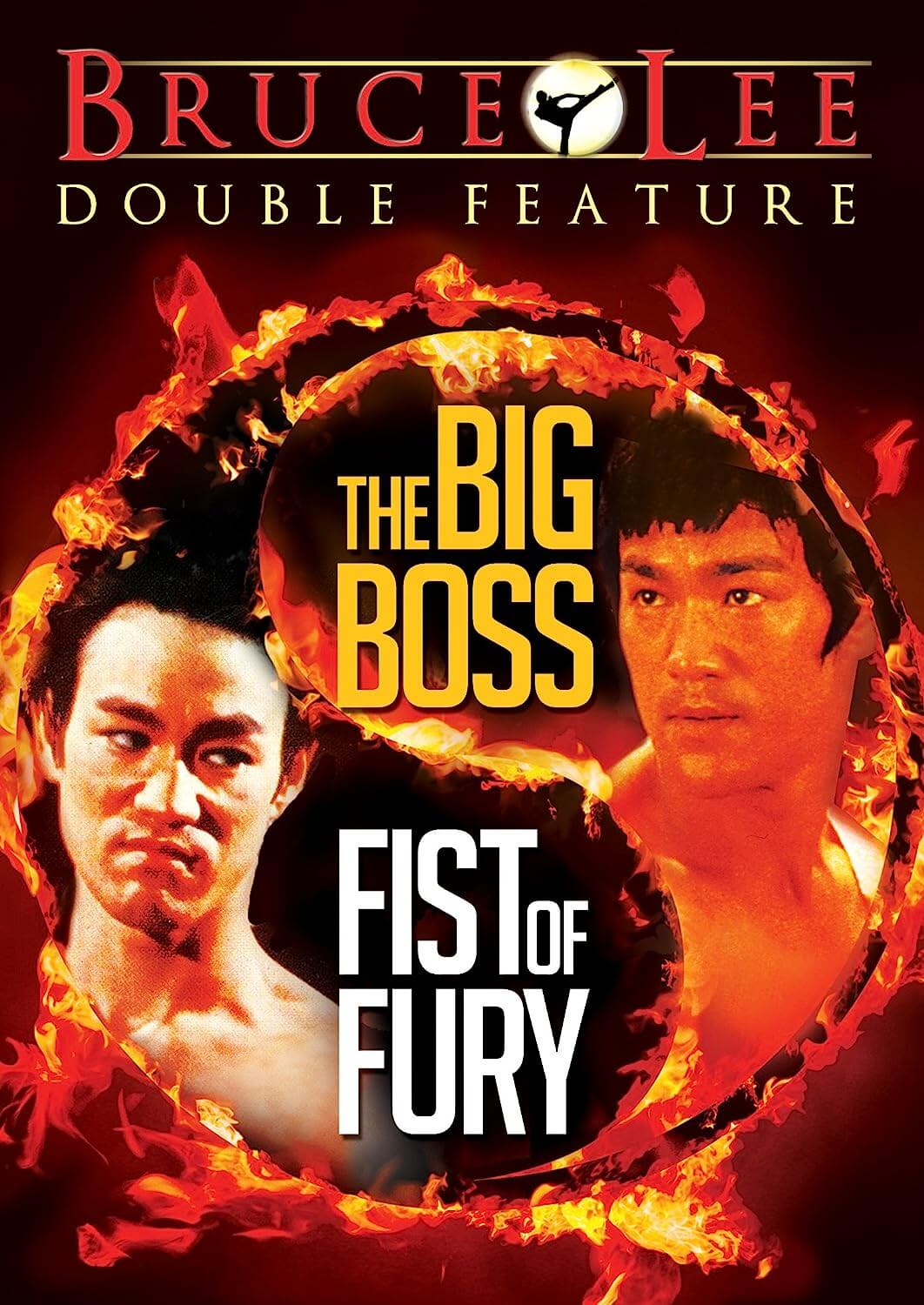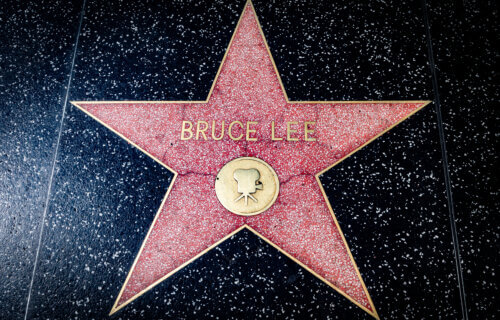The original pioneer of Chinese representation in film, Bruce Lee was never able to complete more than a handful of feature length films before his untimely passing. The body of work that he did create would go on to define action, martial arts, and east Asian representation in cinema. Without Bruce Lee, audiences may never have known the likes of Chuck Norris and Jackie Chan. In order to get the facts right, we turned to our sources to learn about the top five best Bruce Lee movies.
Bruce Lee was a renowned martial artist, actor, and philosopher. He is widely regarded as one of the most influential martial artists of all time. He played a pivotal role in popularizing the sport, especially the Chinese martial art of Wing Chun. He developed his own martial arts philosophy called Jeet Kune Do, which emphasized practicality, efficiency, and simplicity. Lee’s physical prowess and innovative approach to martial arts revolutionized the way it was practiced and taught.
Aside from being an impressive athlete, Bruce Lee starred in several influential martial arts films, including “Fists of Fury” (1971), “The Chinese Connection” (1972), and “Enter the Dragon” (1973). These movies showcased his exceptional martial arts skills and propelled him to international stardom. In doing so, he challenged racial stereotypes and broke barriers as an Asian actor in Hollywood. His portrayal of strong, confident, and skilled characters inspired generations of people and paved the way for other Asian actors and martial artists in the entertainment industry.
From establishing his own style of martial art to showing audiences how cool a yellow track suit can be; pop culture at large has shown the lasting influence of Bruce Lee. Our sources ranked his work and we now pass that list of the top five best Bruce Lee Movies onto you! Let us know your favorite Bruce Lee films in the comments below!

The List: Best Bruce Lee Movies, According to Experts
1. “The Way of the Dragon” (1972)
Lee’s appeal in films is no doubt his ability to demonstrate exciting martial arts with blinding speed and his signature shouting battle cries. “Lee plays Tang Lung, a naïve bumpkin sent to Rome to protect a Chinese restaurant from the Mafia. ‘Well, it is really a simple plot of a country boy going to place where he cannot speak the language but somehow he comes out on top, because he honestly and simply expressed himself,’ Lee laughingly told Esquire, ‘by beating the hell out of everybody who gets in his way.’ In his directorial debut, Lee was unable to balance the humor of the early fish-out-water scenes with the violence at the end. The film’s appeal rests almost entirely on his fight scene with his student, Chuck Norris — arguably the best one ever captured on celluloid,” raves Vulture.
"The Dragon Whips His Tail"
Bruce Lee, 1972
🐉Way Of The Dragon 🐲 pic.twitter.com/ExsLlCTTSN— Graham (@Gracro5) January 1, 2023
“In ‘The Way of the Dragon,’ Lee gets to show off both his kung-fu skills and his comedic chops, making for a whimsical martial arts adventure. He stars as a man visiting his family at their restaurant in Italy who soon has to defend them against a pack of violent gangsters. Chuck Norris makes his film debut and squares off against Lee in the final fight,” adds Gold Derby.
As one of the only films that Lee would direct, “Way of the Dragon” was a highly influential film that would inspire scores of comedy action films like the Rush Hour franchise. “The first movie directed by Bruce Lee himself, ‘Way of the Dragon’ follows the story of Tang Lung (Lee), a man who travels to Rome to help his relatives deal with a vicious gang. Chin Ching-hua (Nora Miao), believes Tang Lung to be too incompetent to help in any meaningful way, but she’s proven wrong when he effortlessly disposes of a group of thugs. Surprisingly, ‘Way of the Dragon‘ is able to entertain with action and humor, which isn’t normally seen in Lee’s films. The movie has quite a few comedic moments that enhance the tone and the characters,” offers ScreenRant.
2. “Enter the Dragon” (1973)
“Enter the Dragon” is arguably Bruce Lee’s most famous film and it was also the last work he was able to complete before his passing. “It really shows us what kind of a career in Hollywood he could have had. He again stars as an expert martial artist who spies on a drug kingpin, which he does by accepting his invitation to a kung-fu tournament. Director Robert Clouse delivers some mind-blowing fight sequences, showing only the best of Lee’s abilities. In this movie, one of the most iconic duels takes place, when Lee fights Han, a mysterious baron whose claw hand is awesome. He manages to scar Lee several times adding to the intensity of the fight. Jackie Chan appears in one of his earliest roles in this movie, but only for a brief scene,” details DemotiX.

“Revolutionary in its portrayal of kung-fu as well as the African-Americans and Asians in a post-World War post-colonial Asian society, the film is based on seeking revenge. Lee is a Shaolin martial arts maestro who is approached by a British intelligence agent Braithwaite to take part in the corrupt crime lord Han’s elite martial arts competition… Enter the Dragon helped create a niche for Lee’s legacy in cinema and beyond,” writes Far Out.
“Undeniably Bruce Lee’s most culturally-significant and -impactful film of all time, ‘Enter the Dragon’ also marks his most successful appearance onscreen — grossing a massive total of $350 million worldwide (equivalent to approximately $1 billion today) on a budget of just $850,000. This movie is so iconic and beloved, in fact, that it is widely regarded as perhaps the greatest martial arts film of all time and one of the best action movies ever filmed. It has even been preserved in the United States’ Library of Congress for posterity,” gushes Hiconsumption.
3. “Fist of Fury” (1972)
The 1972 release “Fist of Fury” is a period drama that takes place in 1930s Shanghai. “Bruce Lee’s character uses only his fists to take everyone down, hence the title, ‘Fist of Fury.’ It’s a shame that Lee passed away so young, because we could have gotten so many more movies from him. He was so great here, and really brought that badassery that was needed to take everyone down. The movie itself is also a great commentary on the rivalry between the cultures of China and Japan,” opines Cinema Blend.
Bruce Lee as "Chen Zhen" in "Fist of Fury"(1972) Aka "The Chinese Connection". pic.twitter.com/Rg1SXdmIuL
— Bruce Lee The Dragon (@bruceleedragon1) March 14, 2023
Fist of Fury was also a financial success for the Hong Kong film industry. “Directed by Lo Wei, this Hong Kong action film is the one that took over ‘The Big Boss’ throne as the highest-grossing Hong Kong film of all time upon its release. With themes of nationalism and strong sentiments of the Chinese Republic, Bruce Lee’s performance was a mix of action and emotion, resonating with audiences at the time, who would be clamoring for more. Lee also served as the film’s action choreographer,” details Movieweb.
“In this action movie, Lee is out for revenge after his kung-fu master has been killed. He discovers that a Japanese drug smuggling group is to behind it, after which they are in big trouble. Visually very violent in and masterfully choreographed, ‘Fists of Fury’ shows off the best of Lee’s overall abilities. Maybe even more famous under the name ‘The Chinese Connection,’ it inspired a series of sequels after the actor’s unfortunate passing,” as explained by DemotiX.
4. “The Big Boss” (1971)
“The Big Boss” was a major box office hit for the Hong Kong film industry. “The action drama, ‘The Big Boss,’ stars Bruce Lee in one of his first major adult roles as a leading actor. The story tells of Lee’s character, Cheng Chao-an, a Chinese man who moves to Thailand for work, ending up in an ice factory, while also living with his adopted family there. As he works, he starts to find out that his job isn’t all it seems to be,” explains Cinema Blend.

“In the movie, an inexplicably gifted martial artist (obviously played by Lee) moves in with his extended family and finds work at an ice factory. When Lee discovers the whole operation is a cover for drug smuggling, he undertakes a quest for justice that pits him against an entire criminal enterprise, as the proletariat rises up to fight for their rights. The choreography is sparser here than in Lee’s better-known movies, but Thailand provides an interesting backdrop and gives the film a unique aesthetic,” writes The Manual.
Viewers today might experience a strong sense of anticipation when watching this film. “Given what Lee is famous for, the audiences wait for him to erupt. Once the strings are off, Lee unleashes his fists and kicks of fury to avenge his family members who go missing as they realize the truth about their workplace and threaten to disrupt the status quo. The film’s best fight scene takes place when Lee single-handedly takes down the Big Boss’ son along with all his henchmen. The somewhat evenly matched scene between the main villain and the protagonist too is gripping,” states High on Films.
5. “The Orphan” (1960)
As a dramatic rather than an action role, “The Orphan” provides great insight into Lee’s dramatic talents. “Giving one of the most grounded, complicated performances of his career, Lee didn’t let one of his early chances to be at the center of a film go to waste. Lee apparently modeled the troubled teenage character in the film off of James Dean’s performance in ‘Rebel Without a Cause,’ and it shows. The film, which tells the relatively simple story of a street hood who gives up his life as a thug after befriending the headmaster of a local school, works largely because of Lee’s central performance. His swagger and commitment to the role had some concerned that he was a bad influence, but it was impossible to deny that he was a star in the making,” reflects The Manual.
From the Bruce Lee Archive 'The Orphan': Bruce's last "childhood" film "The Orphan" was released in 1960. He acted in over twenty films in his youth before the1970s roles he's largely known for. These early movies are a fascinating look at Bruce on-screen: 1/ pic.twitter.com/4prkGjv5VW
— Bruce Lee (@brucelee) June 25, 2021
Although Bruce Lee is often considered as an Asian import to Hollywood, Lee’s importance in his domestic Hong Kong market was significant. “Hong Kong boys were so taken with Lee’s swaggering hoodlum that they began to emulate how he smoked cigarettes and cha-cha danced, causing one concerned high-school principal to hang a banner across his school’s entrance reading: ‘No one is allowed to imitate Bruce Lee’s Ah Sum in ‘The Orphan!’” as explained by Vulture.
“Ever since ‘The Kid,’ Bruce Lee was waiting for a lead role in the film and finally bagged the role in this film which was coincidentally his last film in Hong Kong. The film plot revolves around a headmaster who, having lost his own family in a series of tragic events, becomes a father to the children at the orphanage while actively trying to reform the cocky and troublesome delinquent Ah Sam, played by Bruce Lee. The film also focuses on poverty which motivates these orphans to play the crook. Bruce Lee’s characterisation and hoodlum inspired young boys in Hong kong to emulate his swagger by smoking and breaking into sudden cha-cha, which created huge ripples throughout the conservative Cantonese society,” claims Far Out.
You might also be interested in:
Sources
- DemotiX
- Cinema Blend
- High on Films
- Vulture
- The Manual
- Gold Derby
- ScreenRant
- Far Out
- Hiconsumption
- Movieweb
Note: This article was not paid for nor sponsored. StudyFinds is not connected to nor partnered with any of the brands mentioned and receives no compensation for its recommendations.

Fist of Fury is the same movie as The Chinese Connection.